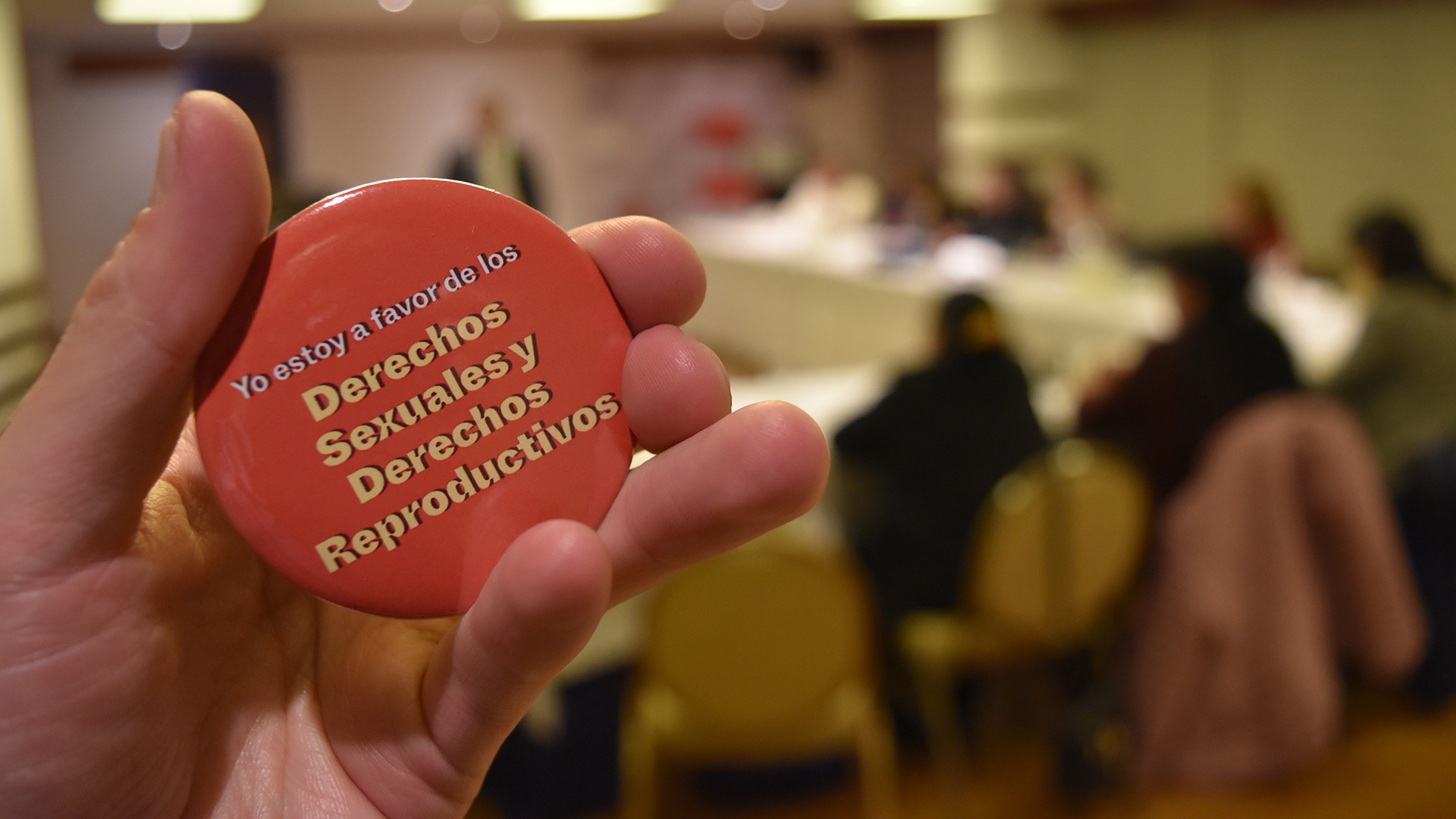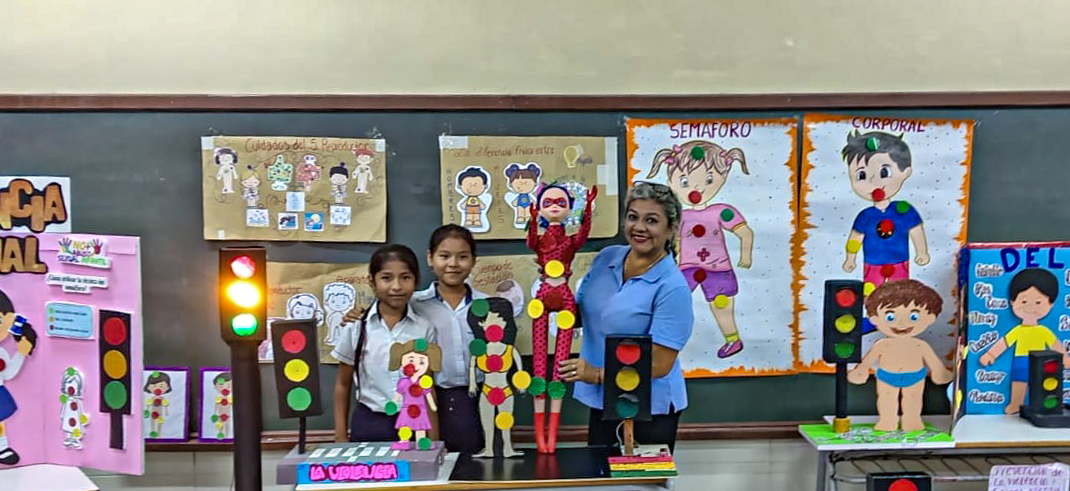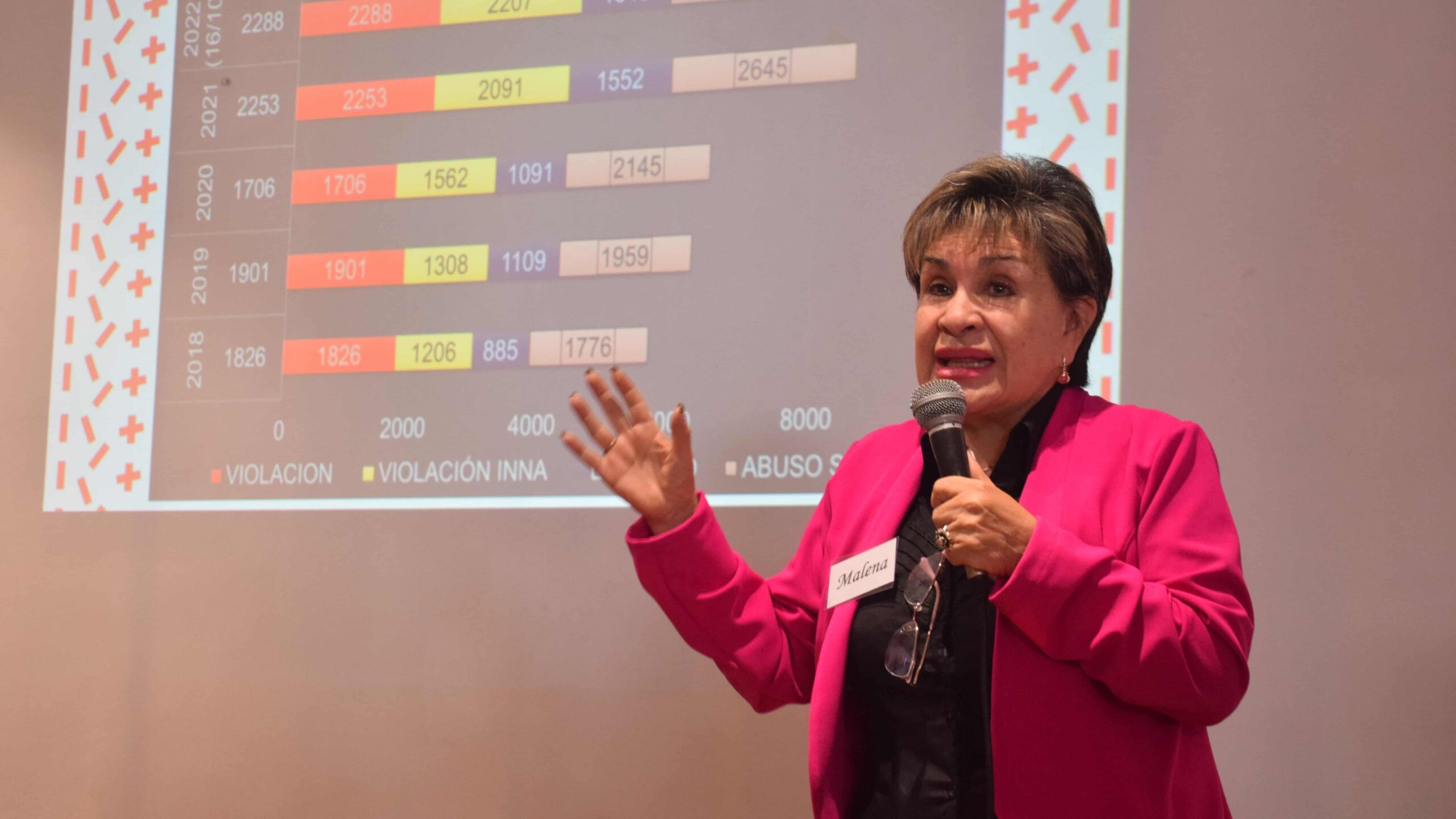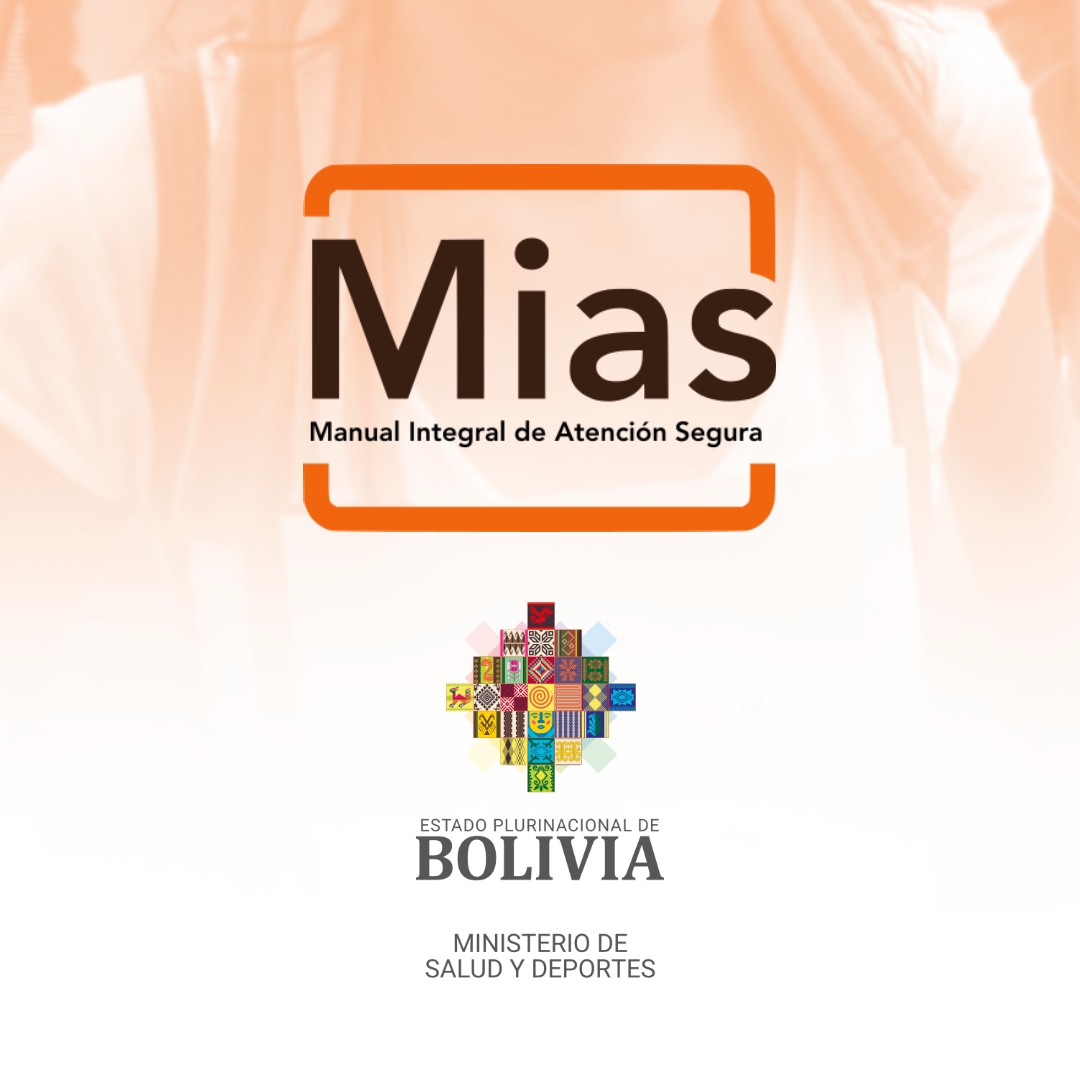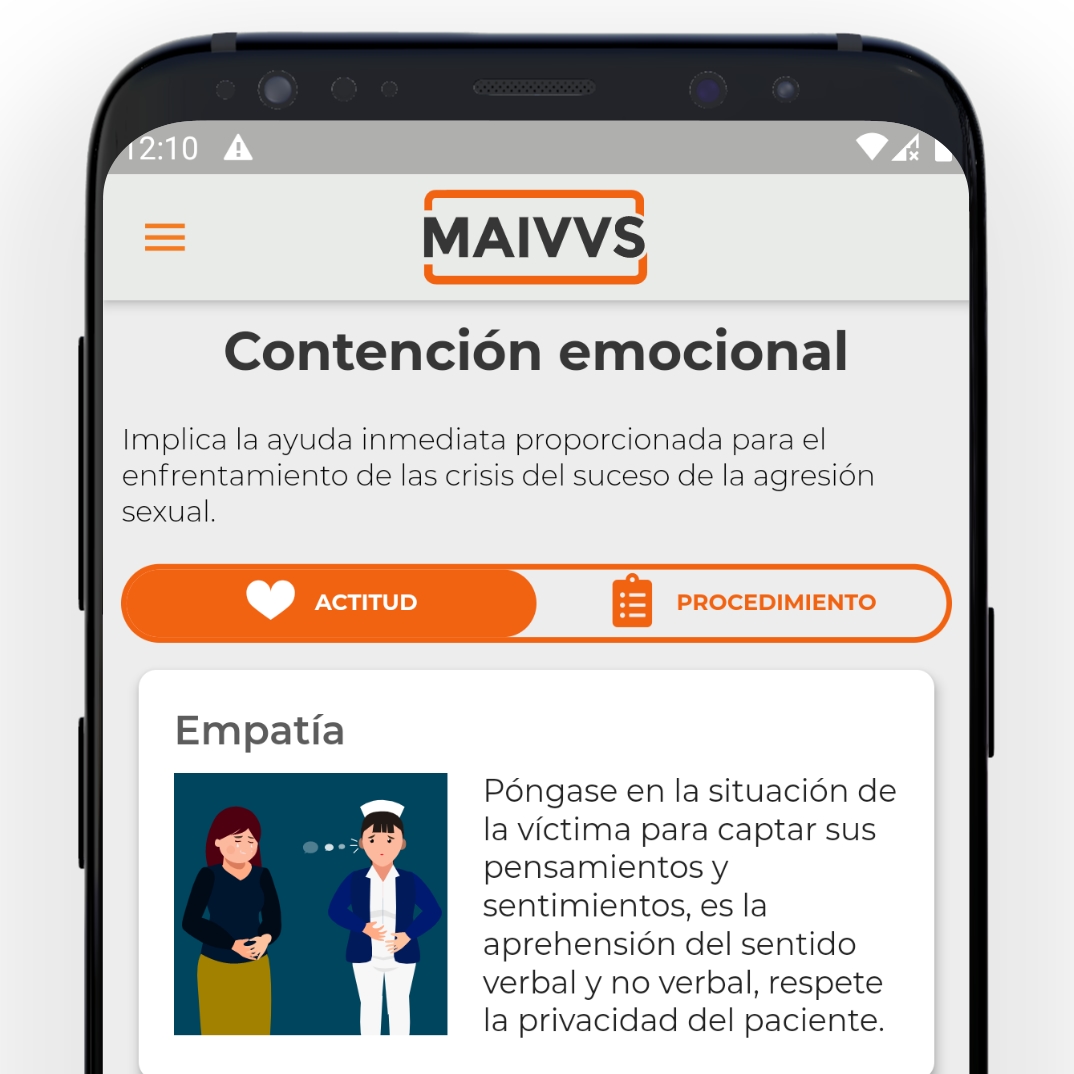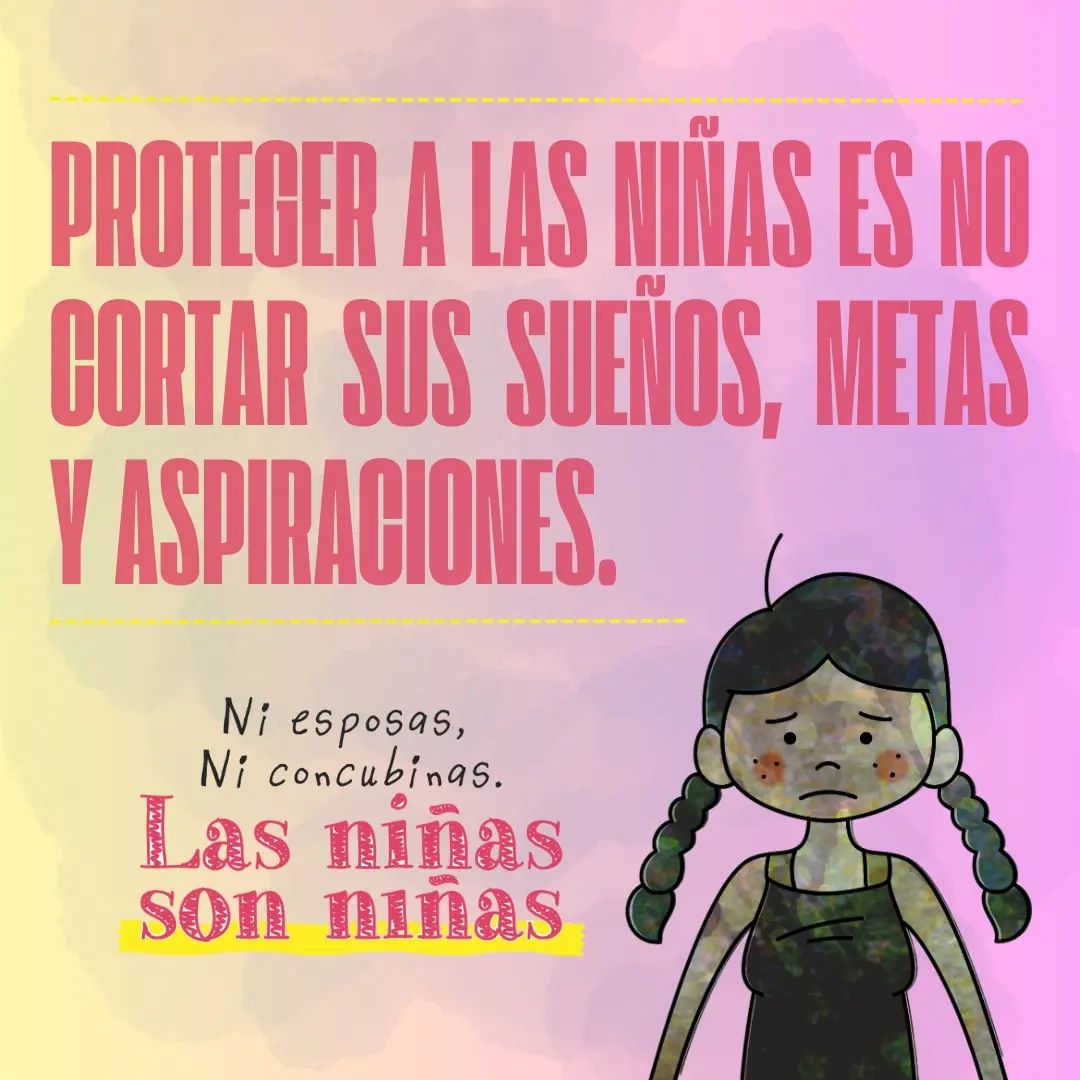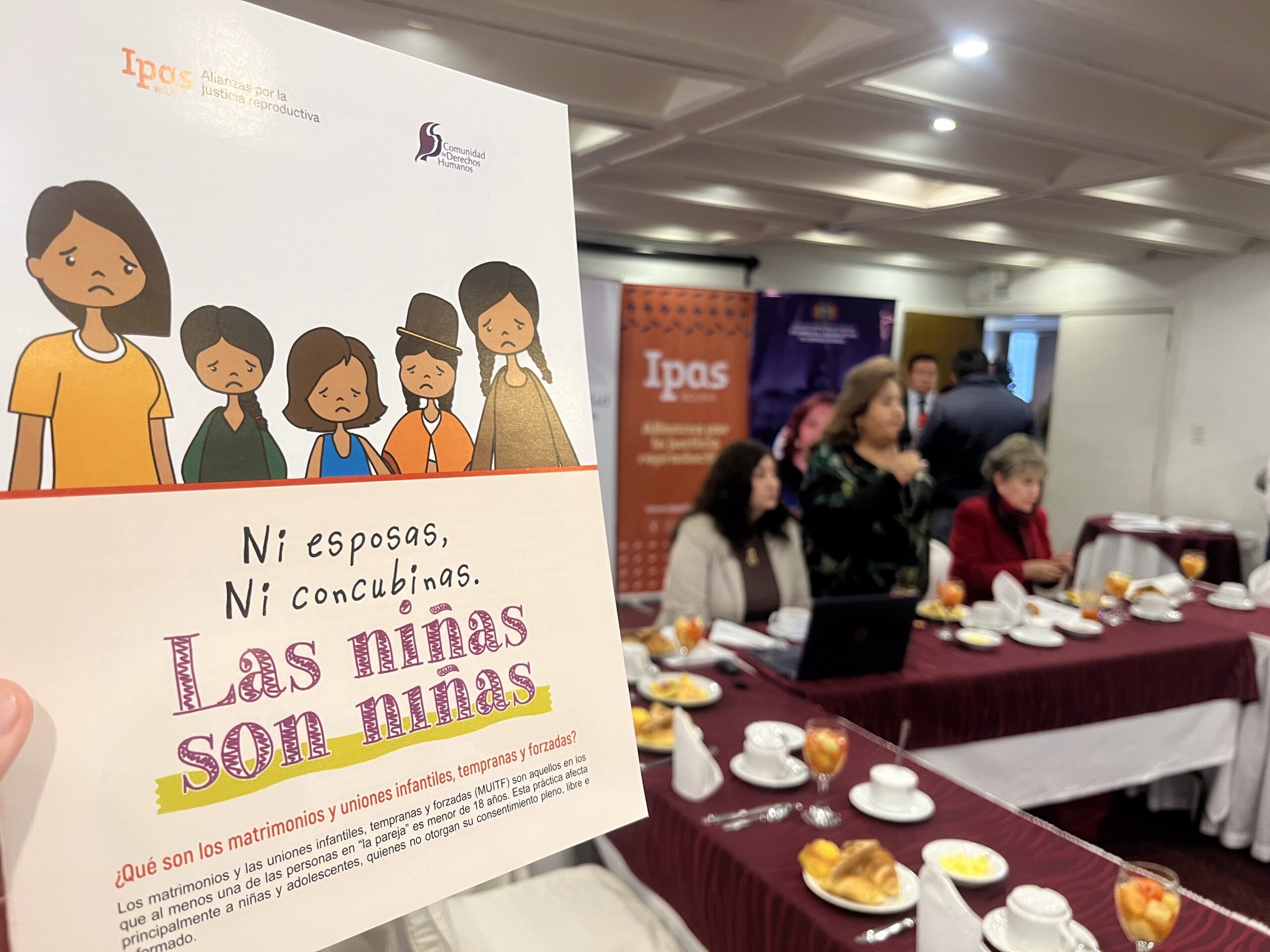With extensive coverage by more than 40 national media outlets – including Abya Yala, RTP, ATB, Cadena A, BTV, Palenque TV, Ahora El Pueblo, etc. – Ipas Bolivia, in alliance with the Human Rights Community of the Chamber of Deputies and Congresswoman Betty Yañíquez, began a process of socialization of Bill 092/2024-2025 on Tuesday, September 2. This proposal, already approved in the Senate, seeks to absolutely prohibit Marriages and Early and Forced Infant Unions (MUIFT) and is currently awaiting approval in the Chamber of Deputies.
The bill eliminates the exception contemplated in Law 603 of the Code of Families and Family Proceedings, which until now allowed parents and the Judicial Branch to authorize the emancipation of minors for marriage.
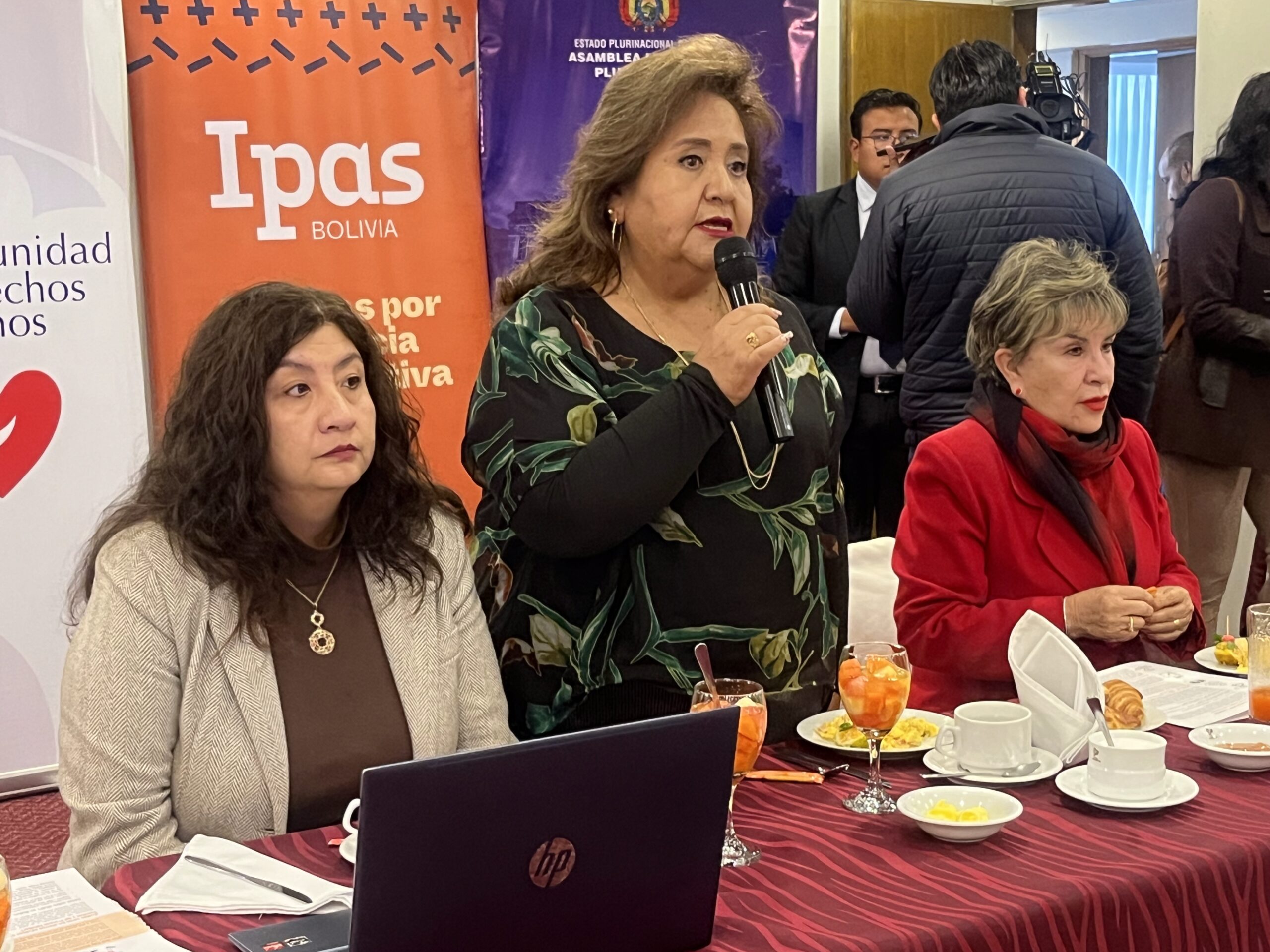
“This figure, which allows parents to authorize the marriage of their daughters to older persons, has facilitated the violation of the rights of girls and adolescents, naturalizing child pregnancy and forced unions with adults. In addition, Bolivia has the duty to harmonize its legislation with international human rights conventions and treaties. “
Figures support the urgency of the rule, according to the Civic Registry Service (SERECI), between 2014 and 2024, 6,001 marriages involving minors were registered in Bolivia, mainly in rural and peri-urban areas.
Ipas Bolivia director Malena Morales, accompanied by her technical team, was also present at the event. Ipas Bolivia has been closely monitoring the legislative process to ensure that the bill becomes an effective tool for protecting the rights of girls, adolescents and women. Morales emphasized that Ipas Bolivia has worked steadily to generate evidence, coordinate with the media and advocate to raise awareness of the impacts of child marriage and reinforce the state’s commitment to its eradication.
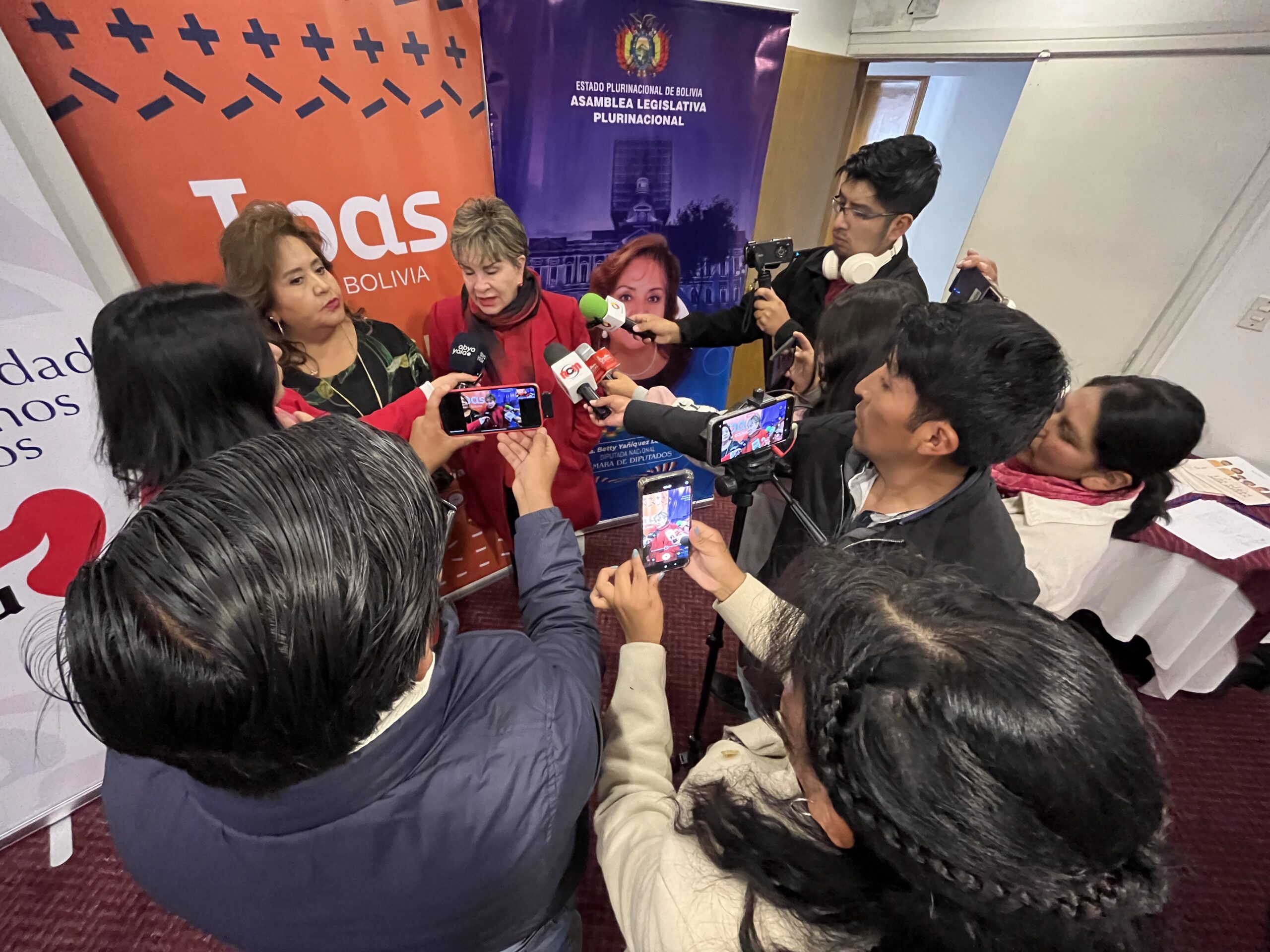
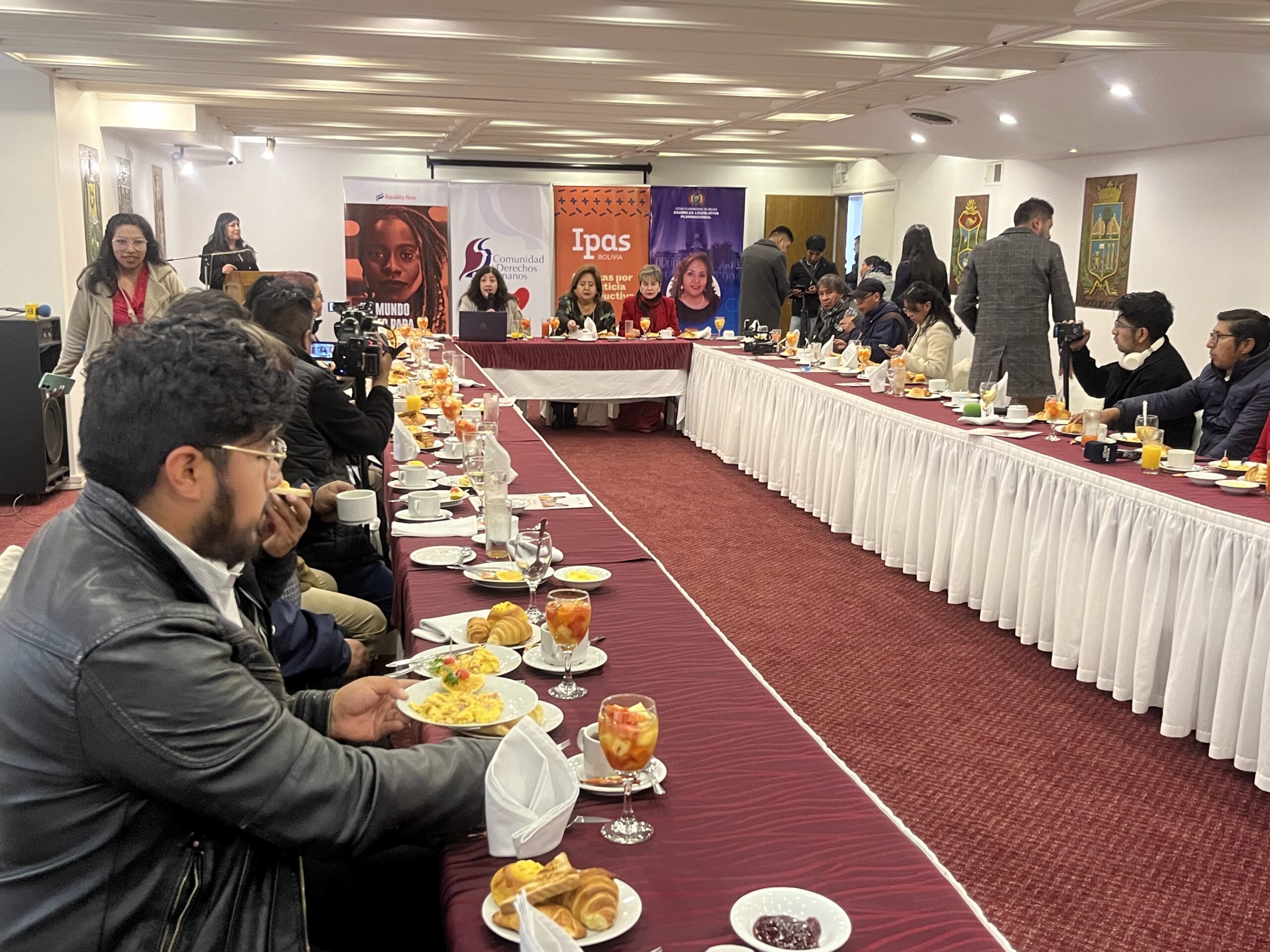
“We are one step away, in the final stretch to pass this bill and provide a response to the girls who today continue to be violated by this problem. This law will make it possible to promote public policies that ensure their well-being and guarantee their right to a life free of violence,” said the
The role of Ipas Bolivia as the driving force behind the project was also highlighted through its campaign “Ni esposas, ni concubinas: las niñas son niñas” (Neither wives nor concubines: girls are girls), which has helped to raise public awareness of the consequences of these practices.
“Ipas Bolivia has been key in coordinating with journalists, social organizations and community leaders, socializing the scope of this bill and showing how child marriage perpetuates cycles of violence, school dropout and early pregnancy,” Yañíquez told the media.
The proposal also has the support of the Ombudsman’s Office and the Human Rights Community, which provided research and evidence to strengthen the legislative debate.
“It is essential to safeguard the rights of girls, because by protecting them we are also safeguarding the future of the country. We cannot allow practices such as child marriage to continue truncating their lives and limiting their opportunities. s,” said the technical secretary of the Human Rights Community, Mónica Bayá.
If approved and enacted in the next few days, the law will represent a historic milestone for the protection of Bolivian children, eliminating the legal provisions that allow exceptions and bringing national legislation into line with international human rights standards.

